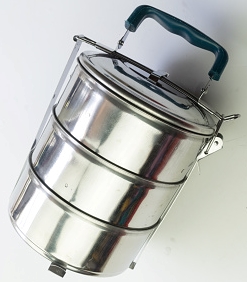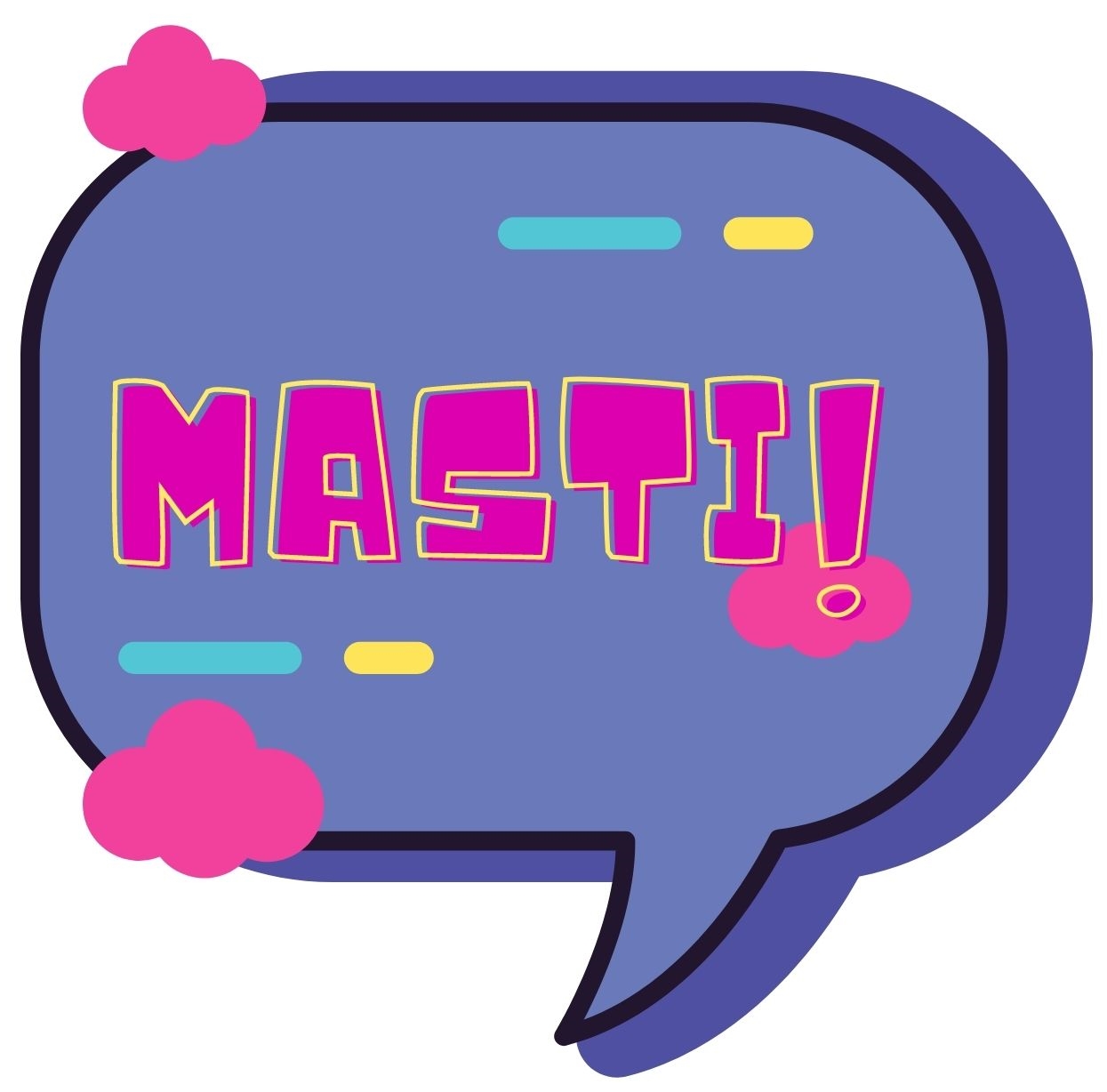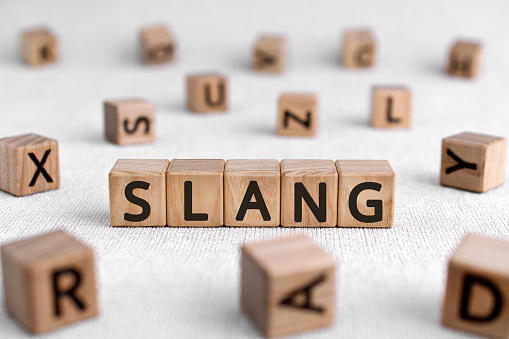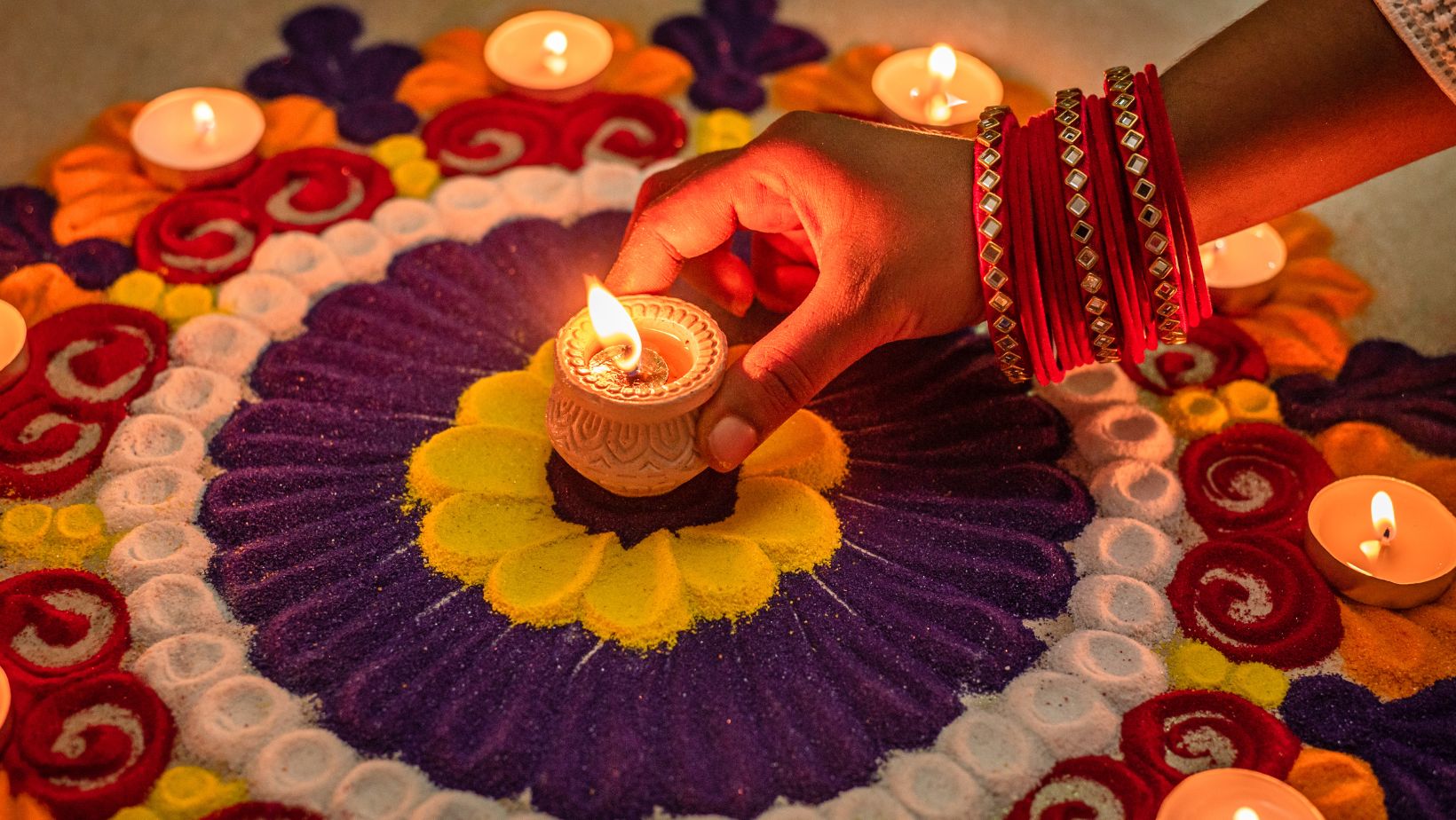Importance of slang words in language learning
When learning a new language how important is it to learn the slang words?
My experience with slang words
Bengaluru, the IT city of India, is host to millions of dreams. Being a rank outsider, I struggled miserably with Kannada- the local language- when I shifted here for a job. At the time there was no Indian language app to my recollection.
One fine morning, after a rather difficult project meeting following a client escalation, my teammates who were speaking about our manager, kept saying dabba. I noticed it many times later too.

The word dabba meant only a tiffin box to me so I thought maybe my colleagues talk about the food that our boss brings! One day, I happened to have lunch with my manager and saw that his food is like our simple lemon rice, curry, chapatti, and curd rice.
I was intrigued.
That evening I asked a colleague, ‘You guys often refer to our manager’s dabba, but there is nothing special in his tiffin box!’ My colleague took a few seconds to register my question and then broke out laughing. He explained ‘Dabba is a slang commonly used in this city and it means a useless person- so we call our boss that.’ Thus, the mystery of dabba came to a close!
Welcome to the world of slang! Soon, I learnt another swanky slang from Kannada – Bombat, which translates to awesome, something that the Bengali slang fatafati conveys. How does slang affect language? I guess it is more fashionable to use slang – if we could -rather than a traditional word or phrase.
Importance of slang for language learning:

As we come to appreciate how slang affects language, and in keeping with the popular Indian adage - the water changes every two miles, and the tongue changes every four- the slang changes more frequently: with every language, dialect, even city or town!
Consequently, slang is used to convey something intrinsic to the place where it is used, or in the dialect or language in which it is used.
A parallel vocabulary and language: Slangs can be thought of as informal language. One could claim to know a language only if the person can communicate through it with a vast populace of its speaker. Slangs are mostly used in spoken form and are prevalent in daily use.
The culture angle: Slangs are deep-rooted in culture, so speaking the slang makes the listener acknowledge you as their own and blesses you with a sense of belonging.
The Omnipresence of slangs: Slangs are all over- in conversation between friends and family, they're found in songs and music, movies, dramas, art, and culture. Knowing slang furthers your journey into the language and brings one closer to what the language has to offer.
Slangs fasten the learning process. The more slang one is acquainted with, the more is one likely to make use of it. And more use of the language invariably leads to quick learning.
⚠️Proceed with caution: Some slang may seem offensive, but they are usually an expression in banter and evoked in good humour. So, knowing slang help in alleviating misunderstanding. Be careful while using slang. Once, when I adventurously said to my senior of ten years – ‘Aaraamaagiru Maga’ which deciphers to ‘just chill buddy’ in Kannada. He smiled back, and I could feel it was not of amusement. I learnt my lesson! if you are addressing someone as yaar (in Hindi) or maga (in Kannada), ensure they are not too senior to you. These words are for friends, not seniors.
Or you could well be restrained by a Dogri slang introduced to me by a yaar (buddy) from Himachal: Oyi Gayi Chol (keep quiet or stay away).
Where can you learn slang?
The best way to learn slang would be to listen carefully to the local people speaking or to listen to their latest popular songs, films and even memes! (You could also check out the Language Curry App and blogs for them! Slangs are there in many languages; Hindi, Telugu, Marathi, Tamil, Bengali and more! Some Indian slangs even made it into the Oxford English Dictionary!
🗣 Slangs are meant to be informal.
In written form, they are not normal,
They’re intrinsic, to a dialect or to a place,
You learn the slang, and you are an ace!
🗣 Slangs are but to be carefully used,
Make sure the listener is always amused,
A misplaced slang could well bounce back,
And you may find yourself out of track.
🗣 Bombat, Fatafati, Jhakaas, Bindaas,
All belong to the Indian slang class,
Slangs are catchy, often intended for a pun,
Learning the Indian language through slang is fun!
🗣 As you take to a new language with a bang,
Get your hands dirty with also the slang,
Are you looking to get 'local pe vocal'?
Language Curry is the choice univocal! 🥇
Wise sayings in Sanskrit that you can start using from today!



